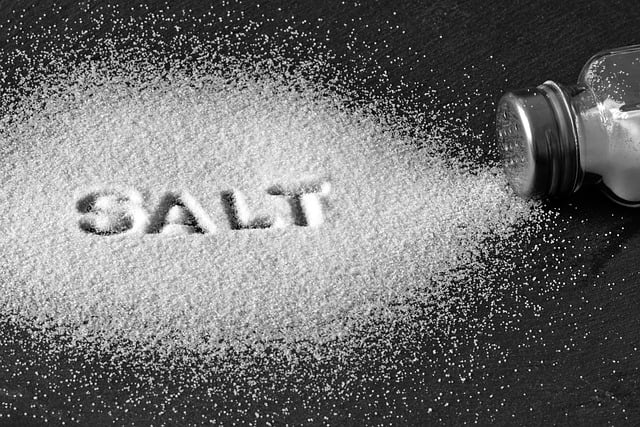Survey ID Number
10.16909-fsvo-research-dataset-202410-002
Title
Swiss Salt Study 2: Second survey on salt consumption in Switzerland
Translated Title
Schweizer Salzstudie 2022 - 2023
Country
| Name | Country code |
|---|---|
| Switzerland | CHE |
Abstract
Elevated dietary salt intake is responsible for a substantial proportion of disease burden worldwide. High sodium intake has been associated with higher arterial blood pressure, a greater risk of cardiovascular disease - especially stroke or the development of chronic kidney disease. High dietary potassium intake, on the other hand, is related to a lower blood pressure and reduced risk of cardiovascular diseases.
In Switzerland, the dietary salt intake in the population has been shown to exceed the WHO recommended maximum of 5 grams per day. Considering that the first nationwide Swiss Survey on Salt Intake (SSS1) was conducted a decade ago, the Swiss Federal Food Safety and Veterinary Office (FSVO) commissioned in 2021 the second National Survey on Salt Consumption in the Swiss general adult population, namely the Swiss Salt Study 2 (SSS2).
The objectives of the mandated study were as follows:
- to estimate salt (NaCl), potassium (K) and Na:K ratio intakes in the Swiss adult population using a single 24h urine collection and a study design similar to that of SSS1 for comparability;
- to assess intra-individual intake variability by collecting a second 24h urine collection from a subset of participants;
- to collect data on salt-related knowledge, awareness, attitude and behaviors;
- to determine the prevalence of hypertension, overweight and obesity, and cardiovascular risk in Switzerland;
- to explore the associations between salt intake, Na:K ratio, arterial blood pressure and obesity indicators;
- to assess changes that occurred over time by comparing SSS2 and SSS1 results.
For more information see :
- https://www.blv.admin.ch/blv/en/home/lebensmittel-und-ernaehrung/forschung/gesundheitliche-risiken/ernaehrungsrisiken/salzstudie.html
- https://efsa.onlinelibrary.wiley.com/doi/abs/10.2903/fr.efsa.2024.FR-0031 (Study report)
In Switzerland, the dietary salt intake in the population has been shown to exceed the WHO recommended maximum of 5 grams per day. Considering that the first nationwide Swiss Survey on Salt Intake (SSS1) was conducted a decade ago, the Swiss Federal Food Safety and Veterinary Office (FSVO) commissioned in 2021 the second National Survey on Salt Consumption in the Swiss general adult population, namely the Swiss Salt Study 2 (SSS2).
The objectives of the mandated study were as follows:
- to estimate salt (NaCl), potassium (K) and Na:K ratio intakes in the Swiss adult population using a single 24h urine collection and a study design similar to that of SSS1 for comparability;
- to assess intra-individual intake variability by collecting a second 24h urine collection from a subset of participants;
- to collect data on salt-related knowledge, awareness, attitude and behaviors;
- to determine the prevalence of hypertension, overweight and obesity, and cardiovascular risk in Switzerland;
- to explore the associations between salt intake, Na:K ratio, arterial blood pressure and obesity indicators;
- to assess changes that occurred over time by comparing SSS2 and SSS1 results.
For more information see :
- https://www.blv.admin.ch/blv/en/home/lebensmittel-und-ernaehrung/forschung/gesundheitliche-risiken/ernaehrungsrisiken/salzstudie.html
- https://efsa.onlinelibrary.wiley.com/doi/abs/10.2903/fr.efsa.2024.FR-0031 (Study report)
Kind of Data
Questionnaire data, urine and blood sample. Data from blood samples is not available.
Unit of Analysis
Individuals
